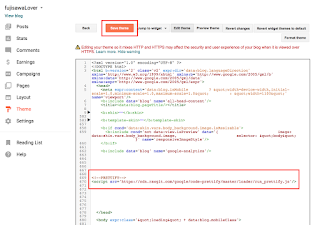Ansible is a tool to automatically build and configure virtual machines. There are many ways to build directory tree to execute ansible codes. Today I will show you the easiest way to get start ansible. *on mac os environment
1. install ansible
please check your computer has python. ansible works on python.
% python
...
>>>
if you have not install yet, get it.
*the command below is for mac os.
% brew install python
Then, get ansible.
% pip install ansible
2. prepare directory and files
create the files below under the same directory.
% ls
ansible.cfg # configuration file
hosts # hosts file
hello_ansible.yml # execution file
include define hosts file path and ssh key file path on ansible.cfg file.
% cat ansible.cfg
[defaults]
hostfile = ./hosts
private_key_file=$HOME/.ssh/id_rsa
include target hosts address, username and passwords on ansible.cfg file. I have two hosts "192.168.111.223" and "192.168.111.224".
% cat hosts
[all]
192.168.111.223
192.168.111.224
[server]
192.168.111.223
[client]
192.168.111.224
[all:vars]
ansible_ssh_user=vagrant
ansible_ssh_pass=vagrant
ansible script file is here.
% cat hello_ansible.yml
- hosts: all
become: true
user: vagrant
tasks:
- debug:
msg:
- "hello ansible"
3. execution
% ansible-playbook -i hosts hello_ansible.yml
PLAY [all] *********************************************************************
TASK [setup] *******************************************************************
ok: [192.168.111.223]
ok: [192.168.111.224]
TASK [debug] *******************************************************************
ok: [192.168.111.224] => {
"msg": [
"hello ansible"
]
}
ok: [192.168.111.223] => {
"msg": [
"hello ansible"
]
}
PLAY RECAP *********************************************************************
192.168.111.223 : ok=2 changed=0 unreachable=0 failed=0
192.168.111.224 : ok=2 changed=0 unreachable=0 failed=0



